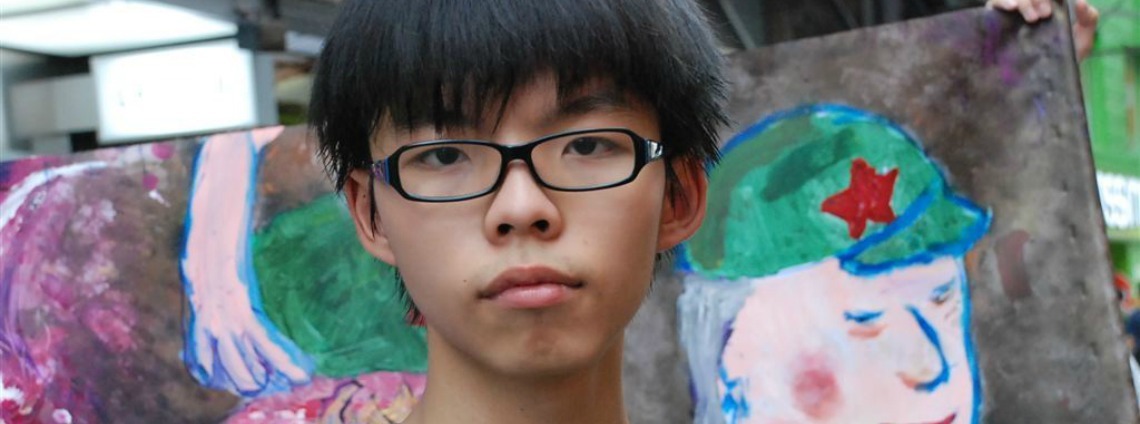YI NING WONG WRITES – Netflix Original, Joshua: Teenager vs. Superpower, tells the story of young Hong Kong activist, Joshua Wong, as he leads the infamous Umbrella Revolution against China in 2014.
Directed by Joe Piscatella, the docufiction keeps its viewers interested, featuring the inception of a student organized pro-democracy party, scholarism, righteousness with the party’s victory against government-proposed national education, followed by a climax involving one of the largest protests toward universal suffrage.
The film is driven by the life of a complex teenage hero, Joshua Wong, who struggles to balance a social life, successful academics and Hong Kong’s future on his plate. Wong’s enemy is the age-old villain, the Chinese government, which is essentially the puppet master of then-Hong Kong Chief Executive, C.Y. Leung.
The film appeals to the youth through its use of pop culture references, comparing China to Darth Vader and juxtaposing Joshua with news headlines that invoke anti-communism and pro-democracy undertones. However, this film may be misleading to those looking for genuine depictions of the Umbrella Revolution and the political relationship between Hong Kong and China.
While the director’s bold decision to tell the story solely from the protester’s point of view succeeds in arousing the audience’s interest in the storyline, it fails to accurately depict the political strife between Hong Kong and China. It resulted in a romanticized view of the West’s own democratic beliefs — which can be interpreted as a suggestion that its political system is superior to China’s. Consequently, the film prevents audiences from truly exploring the complexities of the “one country, two systems” relationship between Hong Kong and China. While protests for democracy are definitely not without their merits, it is important to remember that historical successes and shortcomings within political institutions require more extensive studies than this film has to offer.
With respect to the political tension that currently exists between the two regions, it is important to view this issue through a sensitive lens. Rather than providing the opposing viewpoints and accurate data and analyses of a potentially worthy cause, the film relies on anecdotal and emotionally charged sound byte interviews. These serve to probe audiences to make incompatible comparisons between the Chinese and Western systems, thus creating misinformed judgments of Hong Kong and China’s future based on high school students’ mere claims of the failed “one country, two system” framework.
The film ends with Joshua’s impassioned statement, “I will never stop until Hong Kong is Hong Kong again,” but considering that the city has always been under some form of control, what fairytale landscape is he exactly envisioning?

